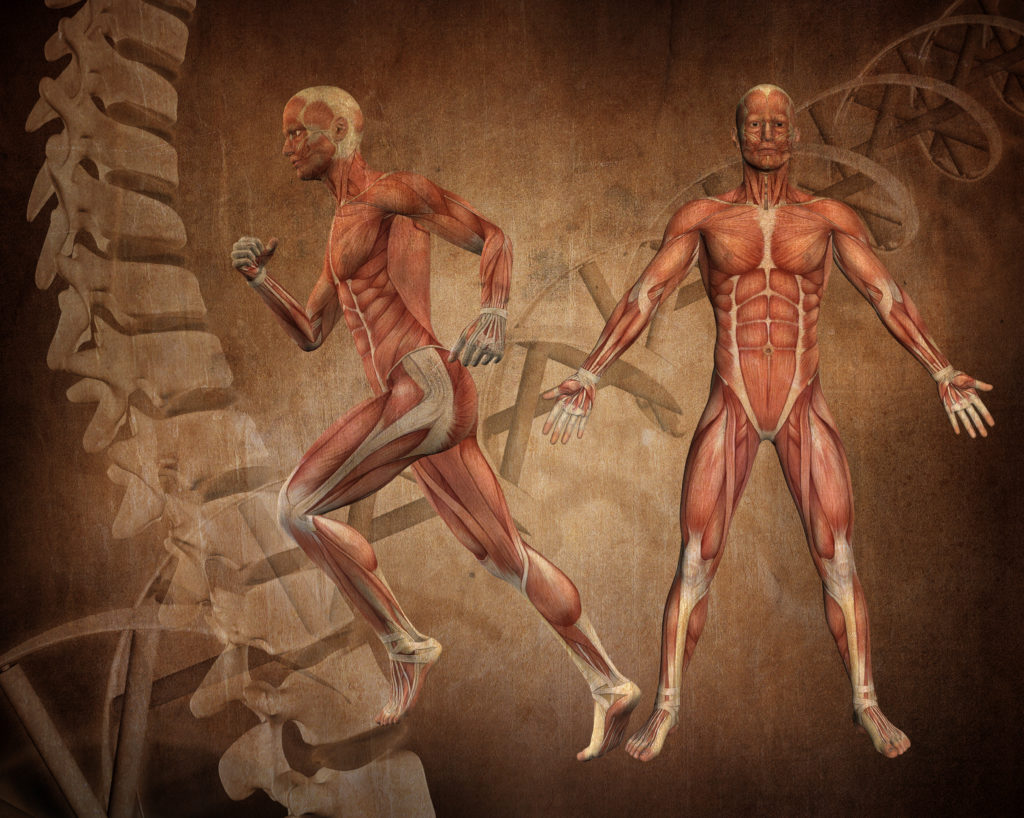Introduction

Branched-chain amino acids (BCAAs) are essential nutrients that play a significant role in muscle metabolism and overall health. Comprised of leucine, isoleucine, and valine, BCAAs cannot be synthesized by the body and must be obtained through diet. Recent research has highlighted how the metabolic pathways are influenced by BCAAs, such as their ability to activate mTOR signaling, which is vital for muscle protein synthesis (Choi, 2024). Beyond muscle growth, BCAAs may support cognitive function and metabolic health, with ongoing research exploring their broader benefits in disease management. This article explores the diverse roles of BCAAs and their impact on health and diseases
What Are BCAAs?
BCAAs—leucine, isoleucine, and valine—are unique in their branched molecular structure, allowing them to bypass liver metabolism and be directly oxidized in skeletal muscle. This property makes them critical for providing energy during exercise and supporting muscle protein synthesis. Beyond their role in muscle health, BCAAs have emerging roles in many aspects of physiology.
BCAAs are found in protein-rich foods such as meat, eggs and dairy products. Since the body cannot produce BCAAs, it is essential to obtain them through diet or supplementation to maintain health.
BCAAs in Muscle Metabolism
BCAAs are fundamental to muscle metabolism, with several key functions (Neinast 2019):
- Glucose Metabolism: BCAAs have an insulin-like effect, promoting glucose uptake and utilization, particularly in skeletal muscle.
- Protein Synthesis and mTOR Activation: Leucine plays a crucial role in stimulating protein synthesis by activating the mTOR pathway, a key regulator of cell growth. This process enhances muscle growth and repair while reducing protein degradation, leading to a positive effect on muscle mass.
- Energy Source: During prolonged exercise, BCAAs are oxidized in skeletal muscle, providing an energy source and sparing muscle glycogen.
BCAAs in Metabolism, Cognition, and Immunity
BCAAs have broad influence on physiology beyond muscle metabolism:
- Glucose Homeostasis: BCAAs stimulate insulin secretion from pancreatic beta cells, improving insulin sensitivity. This makes them beneficial for maintaining glucose homeostasis, especially in individuals with insulin resistance (Neinast, 2019).
- Cognitive Function: BCAAs have been linked to reduced mental fatigue, potentially enhancing cognitive resilience under stress. Ongoing research is exploring their role in neurotransmitter synthesis, including their impact on serotonin and dopamine pathways, which are critical for mood regulation and cognitive performance. By modulating these neurotransmitters, BCAAs may help improve mental clarity and reduce the perception of fatigue during both physical and mental tasks (Choi, 2024).
- Immune Support: BCAAs support lymphocyte growth and cytotoxic T-cell activity, enhancing both innate and adaptive immunity. Emerging research suggests their potential in modulating immune function in diseases such as cancer and autoimmune disorders, but further work is needed (Xu 2023).
BCAAs in Health and Disease
Emerging research highlights BCAAs’ role in managing health conditions like liver health, and neurodegenerative diseases and cancer:
- Liver Health: Studies on both animals and humans have shown that BCAAs can improve liver function in patients with cirrhosis, enhancing serum albumin levels and reducing liver enzyme activity (Choi, 2024).
- Neurodegenerative Diseases: Animal models and human trials suggest BCAAs may have neuroprotective effects, supporting cognitive performance and mental health, though more research is needed (Choi, 2024).
- Cancer: BCAAs have a complex role in cancer, both supporting and inhibiting tumor growth depending on the context. They can provide energy and biosynthetic precursors for cancer cells, promoting pathways like mTORC1 to promote cell growth and proliferation. However, in some cases, high BCAA levels can inhibit tumor growth, disrupt cell migration, and prevent metastasis, highlighting the need for context-specific understanding of their effects in different cancer types (Xu 2023).
- Metabolic Disorders: Elevated BCAA levels are associated with metabolic diseases such as obesity and diabetes, serving as potential biomarkers for these conditions. Investigations into the connection between elevated BCAA levels and insulin resistance are ongoing (Neinast 2019).
- Maple Syrup Urine Disease (MSUD): This rare genetic disorder highlights the importance of BCAA metabolism, as enzyme deficiencies lead to toxic accumulation of BCAAs (Neinast 2019).
Conclusion
Branched-chain amino acids (BCAAs) play vital roles in muscle metabolism and beyond, supporting glucose homeostasis, neurotransmitter synthesis, immune function, and disease management. Their dual effects in cancer, potential as biomarkers for metabolic disorders, and role in rare conditions like Maple Syrup Urine Disease underscore their diverse impacts on health. While BCAAs hold great promise in nutrition and therapy, further research is needed to fully harness their benefits in personalized health and disease prevention.
To facilitate new discoveries in this developing area, Promega has developed the BCAA-Glo™ Assay. This assay features a simple two-step protocol, delivering results in under 90 minutes. It allows researchers to detect subtle changes in BCAA metabolism and abundance. For more details, refer to the technical manual.
This blog is part of a series on cellular energy metabolism, where we explore the importance of various metabolites and their regulation in health and disease. Read other entries about Pyruvate, Malate, BHB, and Glycogen.
Citations
- Choi, B. H., et al (2024). The role of BCAA metabolism in metabolic health and disease. In Experimental and Molecular Medicine (Vol. 56, Issue 7, pp. 1552–1559). Springer Nature.
- Neinast, M., et al (2024). Branched Chain Amino Acids. Annual Review of Physiology, 43, 43. https://doi.org/10.1146/annurev-physiol-020518
- Xu E, Ji B, Jin K and Chen Y (2023) Branched-chain amino acids catabolism and cancer progression: focus on therapeutic interventions. Front. Oncol. 13:1220638. doi: 10.3389/fonc.2023.1220638
